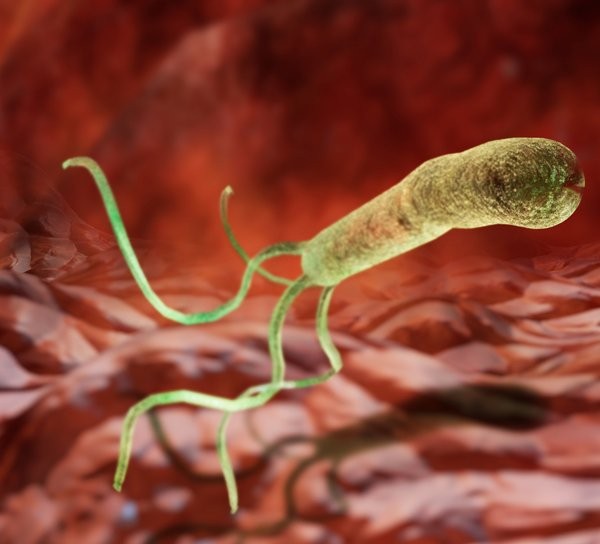After hungry family members have finished their Thanksgiving dinner of roasted turkey, bread crumb stuffing, and green bean casserole, they can thank their gut microbes for sending a signal to their brain that they are full. A new study shows that 20 minutes after completing a meal, stomach bacteria Escherichia coli make proteins whose hormones control the amount of food eaten, by affecting the host's brain circuits. The neurons will know if the stomach has room for pumpkin pie or the person should skip dessert.
The study was published in the journal Cell Metabolism, according to Genetic Engineering & Biotechnology News.
Researchers also showed how proteins added to mice and rats reduce a person's appetite by affecting the brain. This could help control when humans eat and how much food they consume.
The new study supports models for human appetite control. They show that hormones from the stomach signal the brain's circuits when they need food or have finished eating. After the E. coli are full they release stomach-brain signals and activate brain neurons.
Senior author Sergueï Fetissov is from Rouen University in France. He explained that several recent studies examine the microbes in disease-related conditions, but they do not focus on the tools that cause the connections, according to EurekAlert!
When people eat meals including Thanksgiving feasts, foods such as cranberry sauce and glazed yams feed nutrients to the gut microbes, which then divide and replace bacteria lost in the process of digestion. The germs need food to live.
Thus, it would benefit them if they could "talk" to the host when they are not full. Scientists found new proteins that the gut microbes made after people ate, which released hormones such as peptide YY that informed the brain they were full.
Fetissov explained that further research is needed. It would study how changed stomach microbes would affect the gut-to-brain signals.
Here are some tips to avoid overheating:



























